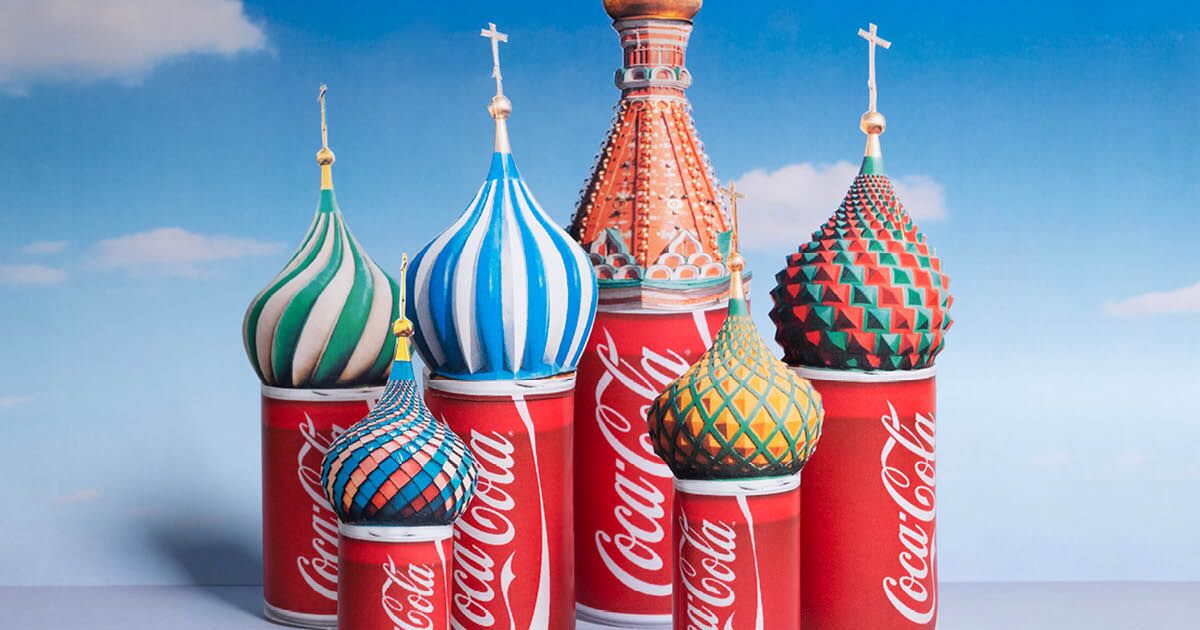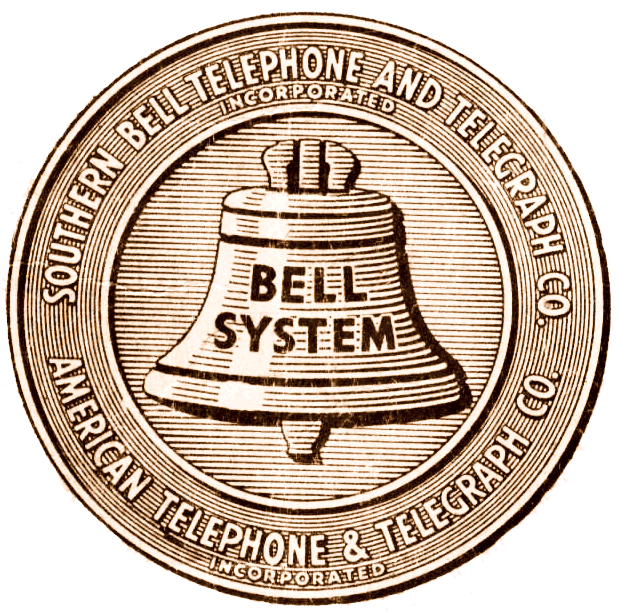- cross-posted to:
- [email protected]
- cross-posted to:
- [email protected]
After Vladimir Putin’s troops surged over the Ukrainian border in February 2022, the Coca-Cola Co. was among the first multinationals to pledge it would quit Russia in protest. Aiming to avoid the inevitable headaches of complying with expected Western sanctions on the Kremlin, Coke asked its partners there to pull its cans and bottles from stores, cease deliveries of syrup to soda fountains and stop producing its drinks.
Two years later, Coke’s distinctive red logo is still easy to find in supermarkets and restaurants across the country. And taking into account a newcomer called Dobry Cola—sold in cans with a remarkably familiar red tint and a taste few would be able to distinguish from the original—Coke by some measures remains Russia’s leading fizzy drink maker.
That’s because Multon Partners, the Coke bottler in the country, is owned by a separate, London-listed company called Coca-Cola HBC in which the US mother ship owns a 21% stake. When HBC stopped making Coke after the invasion, Multon introduced Dobry Cola. It’s become the country’s most popular soda, with 13% of the market, according to researcher Prodazhi.rf. “The profits from selling Coca-Cola in Russia have merely shifted to Coca-Cola HBC, which has taken market share through the success of Dobry,” says Garrett Nelson, an analyst at CFRA Research.
And Coca-Cola itself is still widely available, imported from neighbors such as Georgia and Kazakhstan. Following the invasion, Russia passed a law allowing branded goods to be sold without the trademark owner’s consent. With trucks hauling countless cases across the border, Russians with a hankering for “the real thing” can still get it. Those imports alone have made Coke Russia’s No. 3 soda, with 6% of the market, according to Prodazhi.
That’s not to say Coke hasn’t suffered. HBC says its volumes in Russia grew 12% last year, but they remained almost a third below their level in 2021, when Coke was the top-selling soft drink, with 26% of the market. And while Coke does profit from Dobry’s popularity and Multon’s market-leading juice business, the Atlanta company says it has recused itself from management of the operation.
Coke is far from alone in making a less-than-complete exit from Russia. PepsiCo Inc. in September 2022 said it had stopped producing and selling Pepsi, Mountain Dew and 7Up there, and its market share collapsed. But Pepsi soon added a new cola, Evervess, and boosted output of Frustyle (similar to fruity Mirinda) at its half-dozen plants in the country. Last year the Russian unit’s beverage sales jumped 12%, to 209 billion rubles ($2.3 billion), its reports to local tax authorities show. And revenue at its baby food and dairy business last year expanded 10%, to 129 billion rubles. PepsiCo declined to comment.
Since 2022 more than 1,000 multinationals have said they’re scaling back Russian operations, according to research from the Yale School of Management. But many have remained. Unilever Plc and Nestlé SA, with large production facilities there, were reluctant to sell at the massive discount the Kremlin demanded as an exit tax. Danish brewer Carlsberg AS and yogurt giant Danone SA saw their assets seized as they sought to leave, though Danone eventually negotiated a sale to a company the government favored. French supermarket operator Auchan, clothing retailer Benetton Group and restaurant chains Subway and TGI Fridays continue operating in Russia with no apparent plans to cut back.
For companies still in the country, repatriating earnings is tough, as they require hard-to-get permission to take out money. But the profits are substantial. Lifted by war spending, the Russian economy expanded 3.6% last year, helping drive unemployment to an historic low of 2.6% and sharply boosting wages. “There’s loose fiscal policy pumping record amounts of money into the public sector,” says Tatiana Orlova of Oxford Economics. “And Russia’s labor market is extremely tight.”
You can tell a corporation is lying when they open their mouths.
That’s not strictly true. If it doesn’t cause a dip in profits, or even might increase them, they’ll sing truth like the purest angel.
Unfortunately, pulling out of Russia would lose them money so they lie. And hey, maybe that lie will make money if people believe them. 10/10 would lie again.
Number must go up. Down is bad. Only up.
Making those promises was good for shareholders. Good spin, positive pr, keep share price stable etc.
And then staying in Russia was also good for shareholders. Moves more product. Easy.
So that’s what they do. Shareholder value above anything else, there are no exceptions.
Business is business, the only god that capitalists obey is money…
After Coke pledged to quit Russia, other companies started importing Coke products and making Coke knockoffs.
How exactly is this Coke’s fault?
Did you miss the part where the other companies were owned by Coca-Cola? And how they magically reproduced Coke’s flavor perfectly?
A 21% stake in a company is not control of that company. Especially when Kar-Tess, a private holding company, has an equally large stake.
And when Coke left Russia, did you expect them to burn down their bottling facilities and kill their employees?
The same Russian people are working in the same Russian plants, so it’s no surprise the new product tastes like the old one.
No. I expect them to stop shipping their syrup to them… It’s not like people are mixing up soda recipes at bottling plants.
A Coca Cola bottler is just a franchise, you could open your own wherever you are and try to compete with the other bottlers in your area. But Coca Cola won’t be sending you any recipes.
As the article points out, Coca Cola isn’t shipping syrup to Russia.
But it does ship syrup to China, which means Russia can get it.
If your child accidentally swallows a coin, make sure you don’t somehow leave them in the same room alone with an activist investor or CEO.
No surprise there. Trump and his acolytes and sycophants have clearly signaled that they’re eager to be Putin’s lap dogs, so if Trump wins, Coke and the rest will have pulled out of Russia for nothing.
Like Fanta to the Nazis. Classic.
Okay, but can the dead soldiers bones be somehow processed and sold to create a meaningful return for shareholders?
Weird, they mentioned Subway and TGIF, but not Burger King.
Well that’s a new one on me
That’s because Russians keep paying for their products…
Can’t buy products if the products aren’t for sale. That’s why they keep doing it. It lets people blame the Russian government and people on buying it and the American government and people for failing prohibiting the sale of it.
When the simple solution is: Don’t allow companies to sell products to your enemies when it’s war.
Unilever is doing business with Russia? I was told previously that P&G was still there.
There’s not a lot of options for buying soap, so which of these is the least worst?









